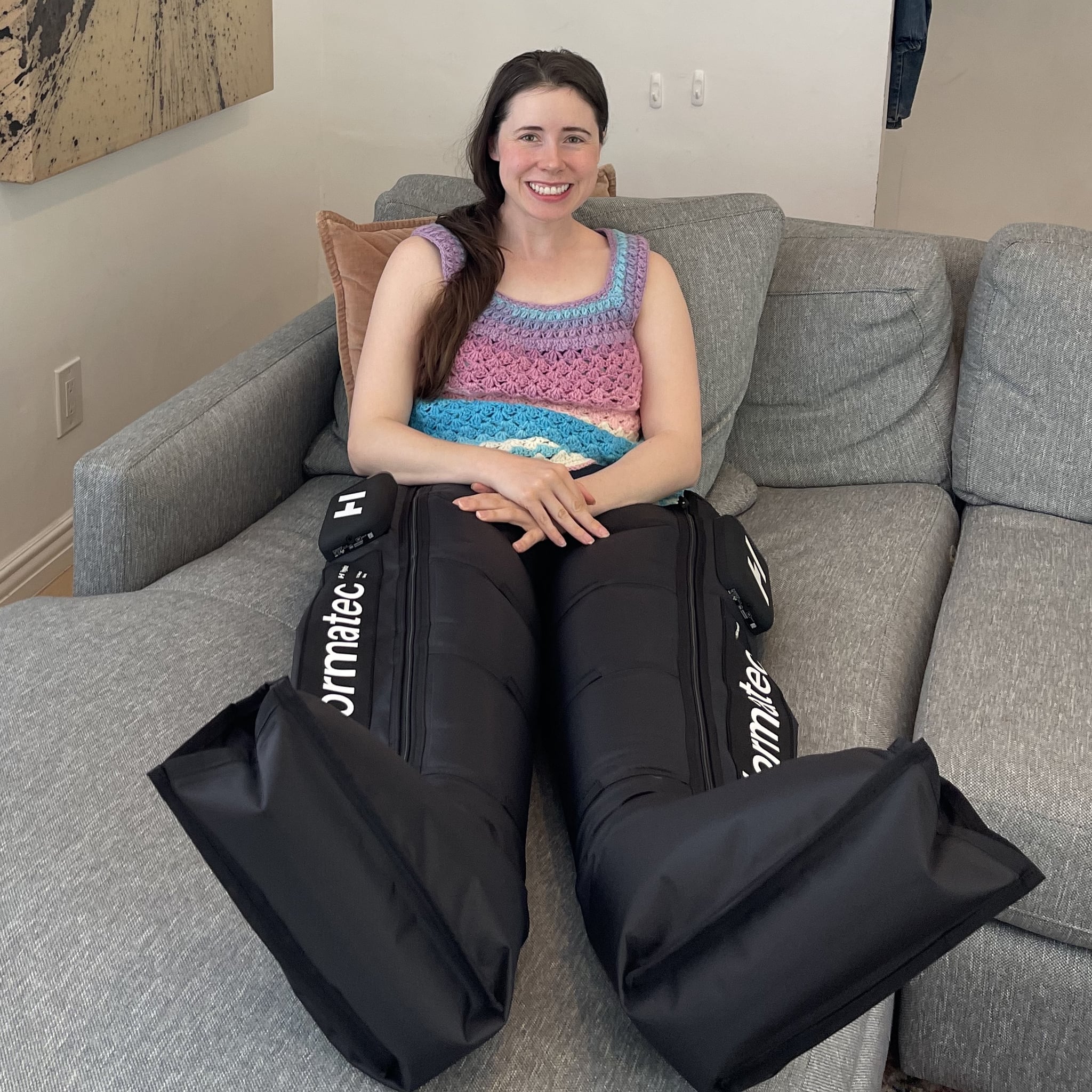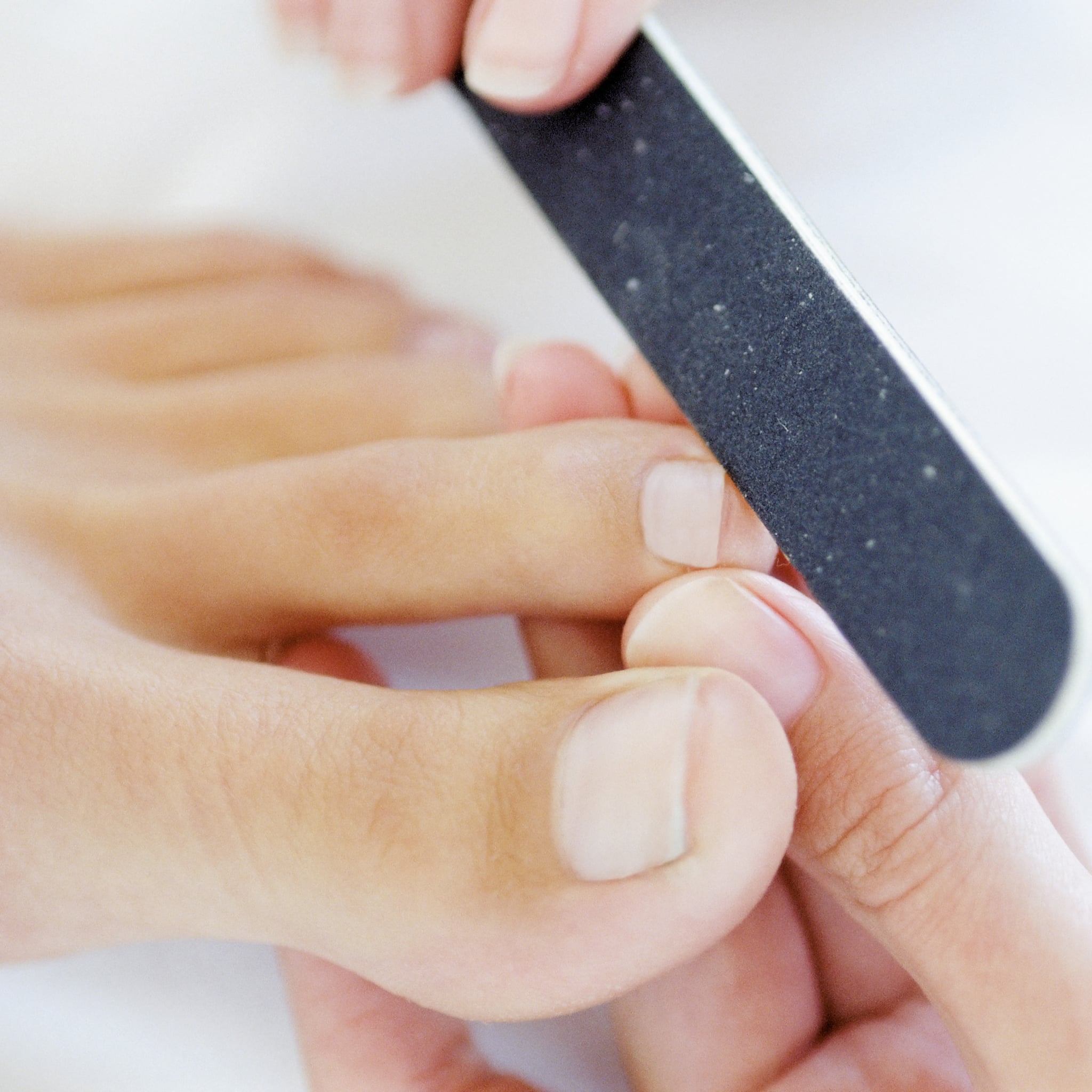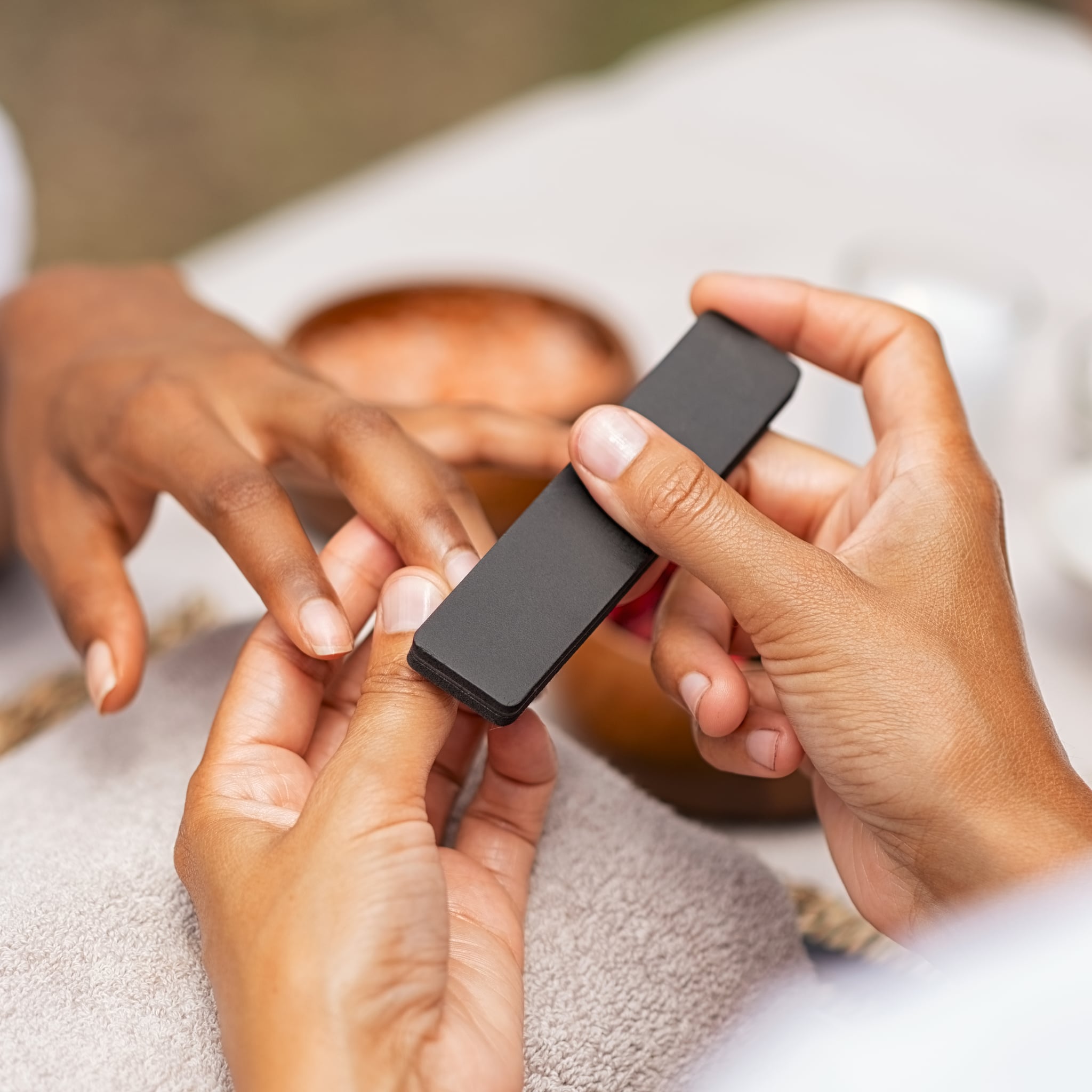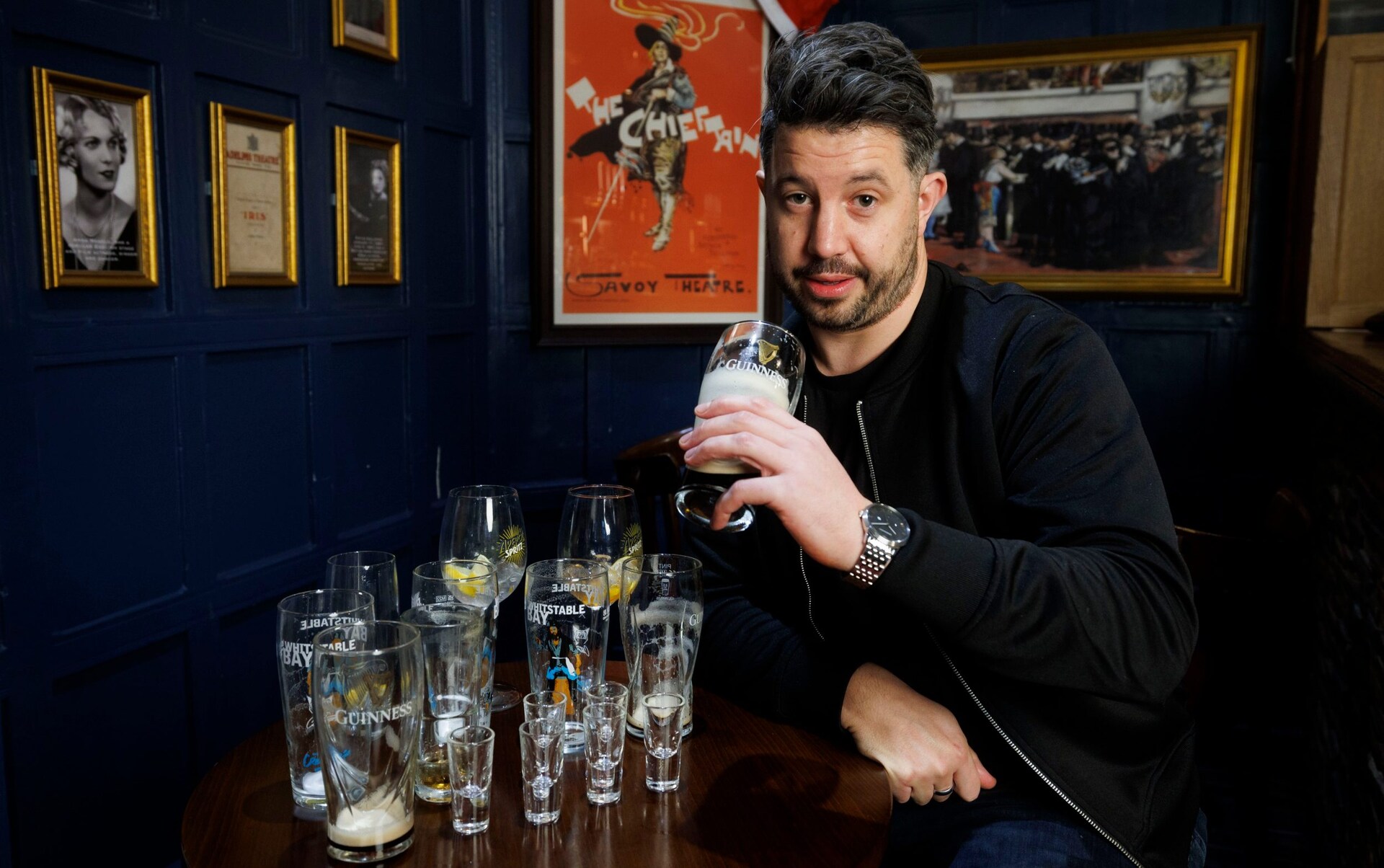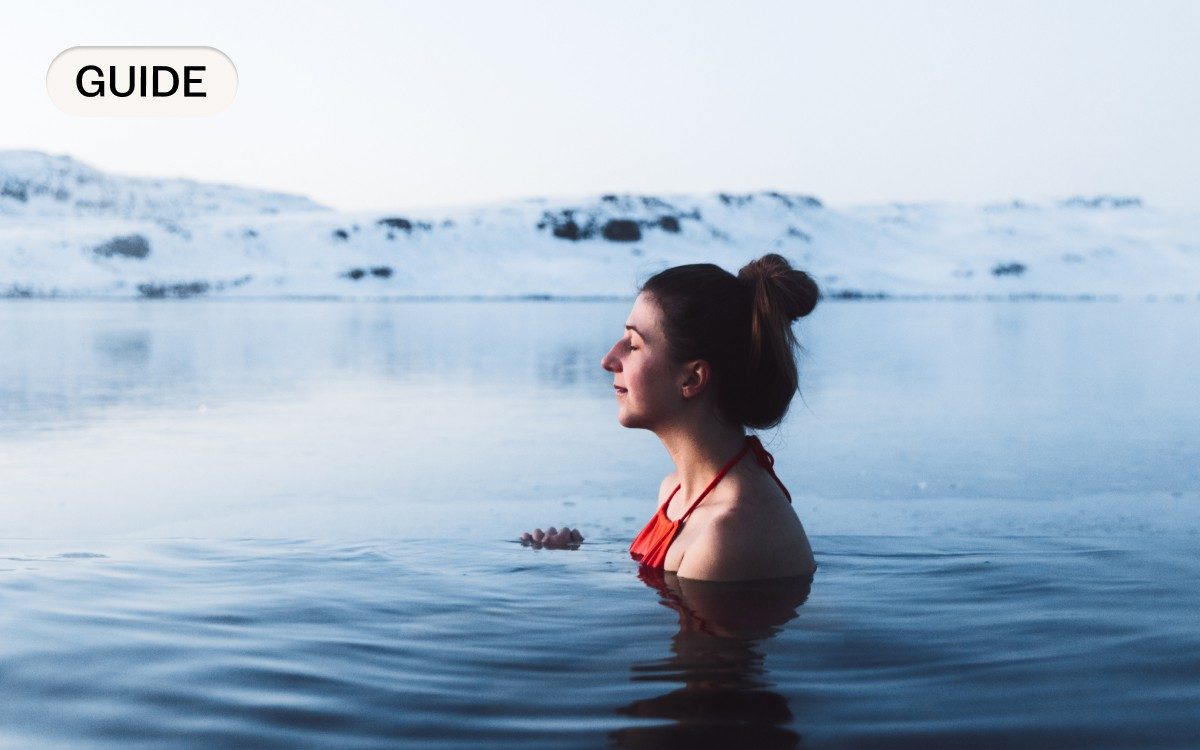
COLD WATER THERAPY: WHAT IS IT, TYPES AND WHERE TO START
Whether it’s a refreshing dip in the sea or river, braving an ice bath after a sauna, or turning your shower to cold, the number of cold water enthusiasts has exploded in recent years.
Cold water therapy is now an essential part of a modern wellness routine, and now the hot summer weather has arrived, fair-weather swimmers are joining the throngs, although as the water temperature needs to be below 15C to reap the benefits of cold water therapy, UK summer sea temperatures of 15-20C don’t exactly fit the bill.
But there are legions of cold water enthusiasts out among the waves in all weathers, even in winter. Yet while they extoll its many health benefits, it’s not without risks and controversy.
One of its leading advocates, Wim Hof, known as the “Iceman”, is famous for popularising a breathing method that allows him to withstand extremely cold temperatures. He’s inspired millions to try his methods, but recently there have been allegations that his breathing techniques have been implicated in fatalities, such as Kellie Poole, a mother of three, who collapsed and died in a river in Derbyshire after attending a class linked to the wellness trend.
If you have an underlying heart condition, cold water therapy may not be safe. Research by Mike Tipton, a physiology professor at the University of Portsmouth who has been studying the effects of cold water on the body for 40 years, shows that breath-holding and then going into cold water significantly raises the risk of a heart attack.
What is cold water therapy?
Cold water therapy is when you expose your body to cold water for health benefits and a feeling of well-being.
There are different ways to try it, including taking a cold shower, swimming outdoors in an unheated pool or lake, river or the sea, getting into an ice bath or a cold plunge pool in a spa or gym.
“It’s an ancient practice that dates back to the Romans who had a frigidarium in Roman baths. The Victorians also loved it, and a lot of places like Brighton and Penzance exist because it was perceived that ‘taking the waters’ was of benefit,” says Prof Tipton.
In Russia, pouring a bucket of ice water on oneself is thought to build mental fortitude and prevent diseases, and in Scandinavian countries, the combination of a sauna and ice-cold plunge has been practised for over one thousand years.
In recent years it’s become fashionable in the UK, with Prof Tipton noting that his local Blue Tits cold water swimming group in Cornwall has grown from 25 members to over one thousand. “I’ve seen people in tears telling me how much it has transformed their lives,” he says.
Others cite the Covid pandemic as a factor in its growth in popularity, as people were only allowed to socialise outside.
How cold does the water need to be?
Most experts believe the water needs to be between 10-15 degrees to be of benefit, although the science is inconclusive as to whether more health benefits are accrued if the water is colder.
“We feel that you have to get cold enough that the body is stressed. Physiologically, swimming in cold water is a shock to the body. If you’re not used to it and the water is very cold, you get a cold shock response where your heart rate, breathing and blood pressure go through the roof and there is less supply of blood going to your brain.
“Over time this response becomes less drastic as you acclimatise. This stress brings about various changes, particularly in the sympathetic nervous system, and you don’t get those if you don’t push yourself a bit,” says James Mercer, a professor emeritus at The Arctic University of Norway.
However, Prof Tipton says the science does not support any benefits in going much colder than between 10-15 degrees. “The cold shock response peaks somewhere between 10-15 degrees, which is a good reason for saying don’t go into colder water as you won’t necessarily get any greater benefit and there are much greater hazards,” he says.
Yet for regular swimmers like Prof Joyce Harper, the head of the Reproductive Science and Society Group at the UCL Institute for Women’s Health, the colder the water the better. “Cold water swimmers will tell you that when the water is warmer, they do not get such a buzz from swimming,” she says.
Types of cold water therapy
Cold water immersion
This can be swimming in a cold sea, river, lake or pool or just a quick dip or splash in the water.
Ice baths
Ice baths are popular with athletes to relieve muscle soreness and swelling. They’re also popular with some celebrities as a wellness aid, and are often found outside the new generation of beach saunas.
Contrast water therapy
This is most commonly used to treat an injury or help athletes recover after exercise. It involves putting a body part in warm water for 3-4 minutes, then in cold water for a minute for between 20-30 minutes. It can be done in a spa setting or at home. You can also switch between a sauna and an ice bath.
Cold showers
Having a cold shower or switching your shower to cold water at the end of it is a good way to start getting used to cold water. One Dutch study found that people who took a daily cold shower (after a warm shower) were off work with self-reported sickness 29 per cent less than those who had a warm shower only.
Wim Hof method
Hof is a Dutch athlete who has become famous for being able to tolerate extreme cold. His breathing method has millions of devotees and involves taking 30-40 breaths (hyperventilating) and then holding your breath. He believes that it allows people to tolerate cold more effectively.
However, according to Prof Tipton, this breathing can be dangerous for anyone with a predisposition to heart disease. Hof insists that safety protocols and warnings are listed on his website, and that he advises against practising the method if you have one of several conditions, including high blood pressure or heart disease.
The health benefits of cold water therapy
Is cold water therapy good for you? Many people report that it is invigorating and feels good, improving their mental and physical health. However, the science is inconclusive.
“Are the benefits down to cold water or is it about meeting friends, being part of a community, going to a beautiful place, being weightless in water? We can’t be sure,” Prof Tipton notes. “It’s hard to measure the mental health benefits, but thousands of people say that it helps with depression and mental health issues, and I don’t think all of these people can be wrong.”
“The feel-good effect is also important. Overcoming the ‘Will I? Won’t I?’ factor leaves people feeling accomplished,” says Prof Mercer.
In 2022, Prof Mercer and his colleagues reviewed over 100 studies examining the health effects of exposure to cold water. The review was published in the International Journal of Circumpolar Health. The studies were hard to compare as they used such different methodologies, but they found that the most convincing health benefits included:
- Lowering insulin and improving insulin resistance. High insulin is associated with Type 2 diabetes and cardiovascular disease
- Boosting levels of the hormone adiponectin which aids fat loss, and is often found in people who live to be over 100 years old
- Strengthening the immune system
- Increasing the levels of antioxidants in the body which may reduce the risk of many diseases
- Aiding in the recovery of athlete’s muscles after challenging exercise
- Increasing brown fat in the body which helps to burn calories and regulate blood sugar
In January 2024, a study from University College London surveyed 1,114 women with an average age of 49, who regularly swim in cold water. Among the study group, 785 women were going through the menopause at the time. They found that:
- Half of the study group said cold-water swimming reduced anxiety
- 38 per cent said it helped tackle mood swings
- 63 per cent said they swam to address menopausal symptoms
“The women felt the benefits were due to exercising outside with friends but that the main benefits were from the cold water,” says senior author of the study Prof Harper.
Experiencing uncomfortably hot or cold temperatures is generally good for us, says Prof Tipton. “We’ve got a real problem with a sedentary lifestyle in high-income countries, and your temperature regulation system, just like your musculoskeletal system, unless you challenge it, it’ll atrophy. You know, it’s the old ‘use it or lose it’ side of things,” he says.
Is cold water therapy safe for everyone?
Cold water therapy is safe for the vast majority of people, but not those with any sort of heart disease, lung conditions, high or low blood pressure, or aneurysms. People who have Raynaud’s syndrome should also proceed with caution.
“Around 80 per cent of deaths during triathlons occur during the swim and these are fit people. Suffice it to say the initial minute or so of immersion is the most dangerous because of the cold shock response. If you take a tropical animal like a human being and plunge them into cold water it is unsurprisingly stressful.
“The problem is a lot of people have a heart condition without realising it, which is why it is important to have a medical before embarking on any sort of cold water therapy,” adds Prof Tipton.
How to begin cold water therapy
If you’re not used to cold water, it’s important to have a medical, then begin very slowly, ideally in a warmer time of year, and get gradually acclimatised to the water. Never try cold water therapy for the first time alone.
“Cold water therapy becomes safer with time, so I’m particularly concerned with people trying it for the first time. Start slowly, make sure you are in a group, and if you’re swimming stay parallel to the shore.
“Try a wetsuit initially and slowly extend your exposure time. If you’re taking a cold shower for the first time, make sure someone knows you’re in there,” Prof Tipton advises.
Recommended
The hit I get from cold water swimming has the same effect as cocaine
2024-06-27T12:05:23Z dg43tfdfdgfd
